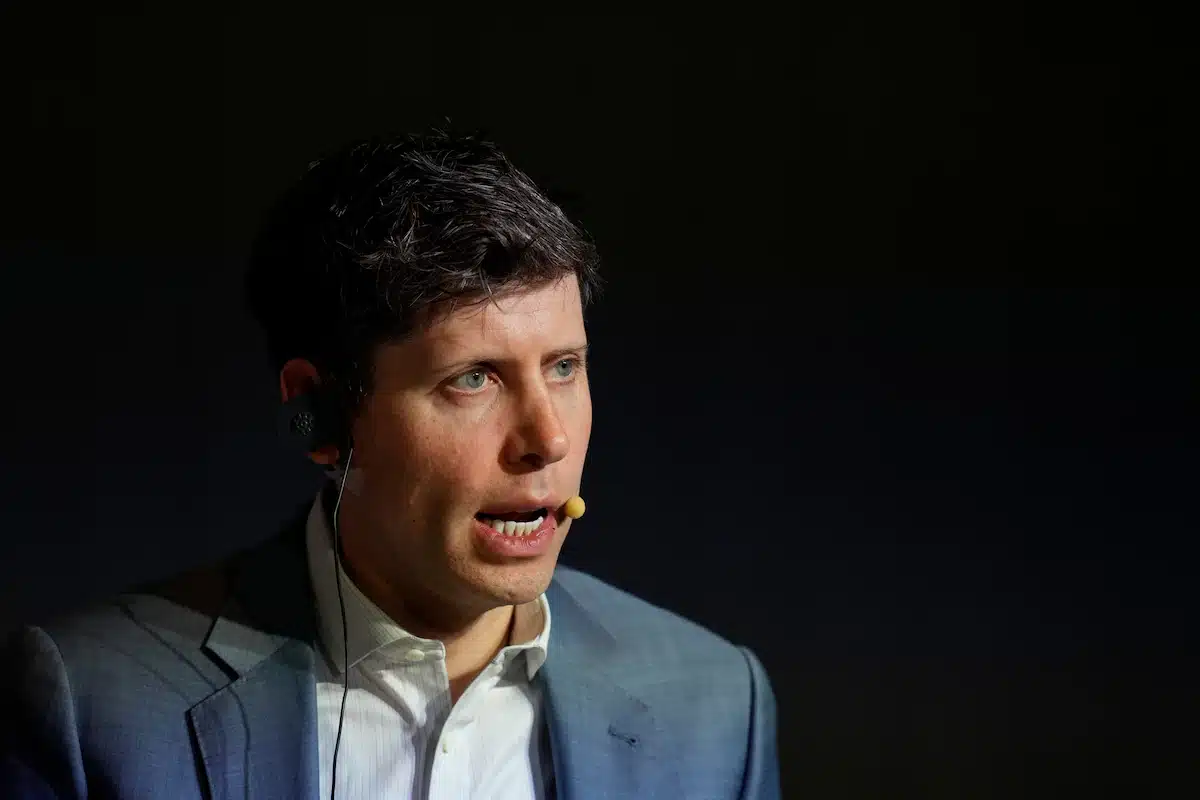OpenAI Faces Legal Challenges in India

OpenAI, the company behind the popular AI chatbot ChatGPT, is facing significant legal challenges in India. The country’s major news organizations are joining a lawsuit against OpenAI for allegedly using their content without permission. This case could have far-reaching implications for the future of AI and its relationship with content creators. As OpenAI’s CEO Sam Altman visits India to discuss the country’s potential in the AI sector, the legal landscape surrounding AI technology continues to evolve.
ANI’s Lawsuit Against OpenAI
Asian News International (ANI), India’s largest news agency, has filed a groundbreaking lawsuit against OpenAI in the Delhi High Court. ANI claims that OpenAI used its copyrighted content to train ChatGPT without authorization. The agency argues that this unauthorized use has allowed OpenAI to enhance its chatbot’s capabilities and profit from it. ANI is seeking damages of 20 million rupees, approximately $230,000.
Before filing the lawsuit, ANI had informed OpenAI about the alleged misuse of its content and offered a licensing agreement. However, OpenAI reportedly declined this offer and placed ANI on an internal blocklist to prevent further data collection. Despite these measures, ANI asserts that ChatGPT continues to access its content from the websites of its subscribers. The agency claims that the chatbot sometimes reproduces its articles verbatim and has misattributed statements, damaging its credibility.
In addition to financial compensation, ANI is asking the court to order OpenAI to cease using its content. OpenAI, on the other hand, argues that the lawsuit should not proceed in India, as the company and its servers are not located there. This legal battle marks a significant moment in the ongoing discussion about copyright and AI technology in India.
Support from Other News Organizations
The ANI lawsuit has garnered attention from various news organizations in India. In December, the Federation of Indian Publishers, representing a substantial portion of the country’s publishing industry, filed a request to join the case. They argue that they are directly affected by the lawsuit and should be allowed to present their perspectives.
Following this, the Digital News Publishers Association (DNPA), which includes leading Indian news outlets, also sought to join the legal proceedings. They highlighted that while OpenAI has established licensing agreements with international publishers, no such arrangements exist in India. The DNPA expressed concerns that the outcome of this case could impact the livelihoods of journalists and the entire news industry in the country.
Despite these requests, the court has yet to admit the applications from these organizations. OpenAI contends that the court should not consider their arguments, as they have not filed separate lawsuits. However, the judge has indicated that even if these associations are allowed to participate, the court will focus solely on ANI’s claims.
Implications for AI Regulation in India
The ongoing legal challenges against OpenAI could prompt a reevaluation of AI regulations in India. Analysts believe that the ANI lawsuit will encourage courts to scrutinize the data sources used by chatbots. Dr. Sivaramakrishnan R Guruvayur, an expert in responsible AI use, emphasizes that the case will likely lead to a deeper examination of how AI models are trained.
Globally, governments are grappling with how to regulate AI technologies. In 2023, Italy temporarily banned ChatGPT due to concerns over privacy and data collection. Similarly, the European Union has enacted laws to regulate AI. In India, the government has signaled its intent to establish regulations for AI, particularly in light of the upcoming 2024 elections. An advisory has been issued, requiring AI tools to seek government approval before launching if they are deemed unreliable or under testing.
As the legal landscape surrounding AI continues to evolve, the outcome of the ANI lawsuit could set a precedent for how AI companies operate in India and beyond. A ruling in favor of ANI could lead to more stringent regulations and licensing agreements, while a decision favoring OpenAI might grant the company greater freedom in using copyrighted material for training its models.
OpenAI’s Position and Future Prospects
During his recent visit to India, OpenAI CEO Sam Altman emphasized the importance of the Indian market for AI development. He stated that India should be a leader in the AI revolution and clarified that previous comments suggesting Indian firms would struggle to compete were taken out of context. Altman expressed optimism about the potential for collaboration between OpenAI and Indian companies.
Despite the ongoing legal challenges, OpenAI is actively engaging with news organizations worldwide, including those in India. The company aims to foster constructive partnerships and discussions to address concerns related to content usage. As the legal proceedings unfold, the future of AI regulation in India remains uncertain, but the implications of this case will likely resonate throughout the industry.
Observer Voice is the one stop site for National, International news, Sports, Editor’s Choice, Art/culture contents, Quotes and much more. We also cover historical contents. Historical contents includes World History, Indian History, and what happened today. The website also covers Entertainment across the India and World.

